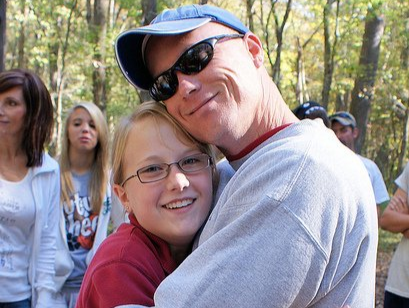Do I need Estate Planning?
What are the life events when you need estate planning?
These are some of the major life events when you should to speak to a trusts and estates attorney, to determine your needs.
· Reaching age 18 – This is a time to do advanced directives for Healthcare (“Living Wills”) – before age 18 your parents or guardian can handle healthcare decisions for you as a minor; once you have reached majority you need to appoint someone to handle these decisions if you are not able to, due to temporary or permanent disability (illness, accident). For a disabled adult who is mentally unable to handle their own affairs, this is a time to for family members to apply for Guardianship (a little before the 18th birthday is best) so they can go on caring for an adult child after 18.
· Marriage – Powers of Attorney (“POAs”), Living Wills, Wills – Some people assume that getting married automatically gives the spouse certain roles, but there is no automatic appointment of a spouse to any of these roles for the other spouse: to handle legal affairs if the other spouse is unavailable, to handle healthcare decisions if the other spouse is incapacitated, or to administer the estate of a deceased spouse.
· Cohabitation in a committed relationship – POAs, Living Wills, Wills – Lots of people don’t get married these days, but may have long-term committed relationships. The need is still there to have someone help with legal affairs, healthcare decisions, or administering an estate, for a life partner who is incapacitated or who dies. Properly drafted POAs, Living Wills, and Wills can provide unmarried partners with many of the same protections available to married partners.
· Purchase of first home or acquiring any other significant asset – POAs, Wills.
· Birth of a child, pregnancy – Wills to provide for guardianship of your child, Living Will in case of childbirth complications.
· Divorce – POAs, Wills, Living Wills – While some inheritance rights of a spouse are cut off when a divorce is filed, it’s important not to inadvertently leave an ex (or soon-to-be-ex) in charge of things when you are divorcing.
· Birth of grandchildren – re-examine Wills.
· Age 65 – 70 – Elder-care planning – will you have sufficient assets to cover your long-term care if you it? Will you need to qualify for public benefits?
· Death of a close family member – Estate administration, POA, Living Wills for a surviving spouse – if the spouse is named as POA, estate executor, or healthcare representative, and that spouse dies, the secondary POA, executor or representative may need to act if the surviving spouse is not up to it for any reason. New documents may be needed, or court actions may need to be filed, to appoint someone appropriate to these roles.
(c) C. Megan Oltman, Esq. 11/16/2021 image (c) Vanity Studios
Please note that blog posts do not constitute legal advice, but are intended for informational purposes only. They cannot substitute for an in-person consultation with a lawyer. Your use of this site does not create an attorney client relationship.











